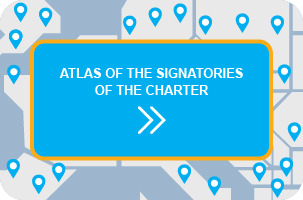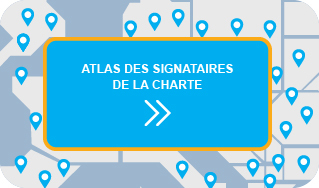Press release – following the Final conference of the Pilot project
European institutions should support towns and regions to plan, monitor and evaluate gender equality policies
The Observatory on the European Charter for equality of women and men in local life (the Observatory) and the Council of European Municipalities and Regions (CEMR) call on the European institutions to support towns and regions to implement initiatives to advance gender equality at the local level.
Today, 1500 towns and regions from 32 European countries are already taking action towards gender equality, for instance, by promoting gender diversity in municipal professions, like bus drivers, or by offering training programmes in schools to prevent gender-based stereotypes. This is why, in October 2015, the Observatory launched a toolkit to support these towns and regions to plan, monitor and evaluate gender equality policies. The new tool includes a set of 76 indicators covering areas such as employment, decision-making process or social care.
Despite local government efforts, several challenges remain, such as the lack of financial and human resources or non-adapted national institutional framework. To overcome these challenges, EU institutions must support fully policies developed by towns and regions. Otherwise the risk is that initiatives undertaken by municipalities, cities and regions will diminish or even disappear. Using this tool will therefore provide a real chance to achieve this goal: “We must ensure that this new tool does not remain hidden away in a drawer,” said Ibon Uribe CEMR spokesperson for gender equality.
In addition, locally elected representatives should be included in the implementation of the EU’s future strategy for equality that will frame European actions and policies to improve gender equality over the next five years.
The Observatory and CEMR call on towns and regions to use the tool
“The toolkit will constitute a common framework at European level for local and regional governments to monitor gender equality policies,” said CEMR spokesperson on gender equality. This is why it is important for CEMR’s associations to undertake their responsibility and support the implementation of public policies. “Now it is our role to ensure that this tool is disseminated and used. This is our collective responsibility, the European institutions, CEMR member associations and we as politicians and experts at local and regional level,” stated Ibon Uribe.















